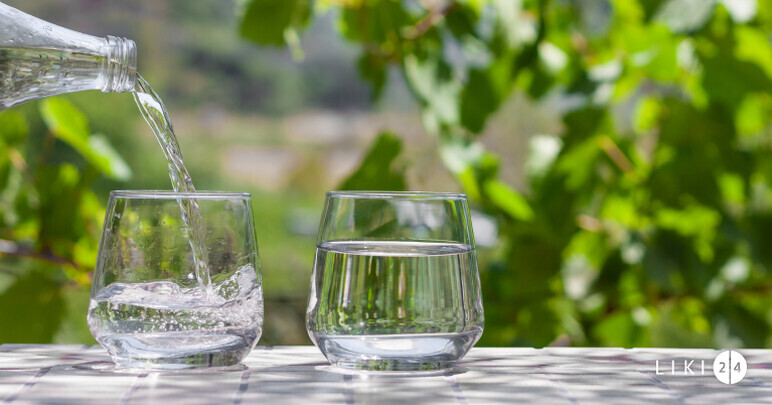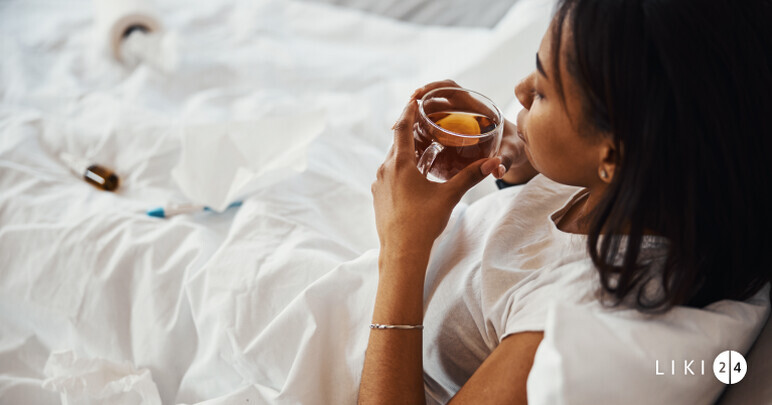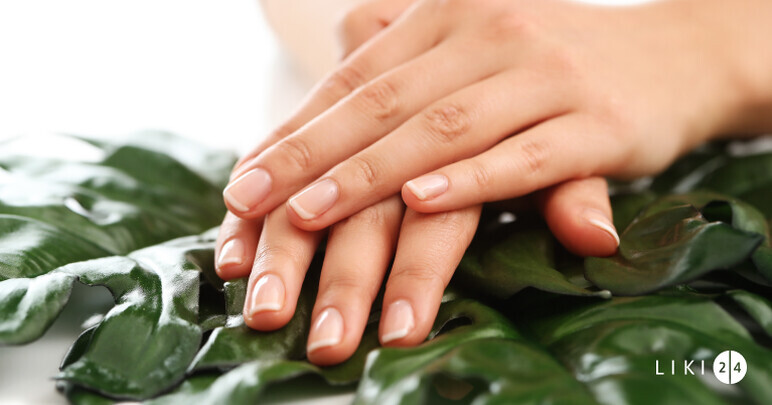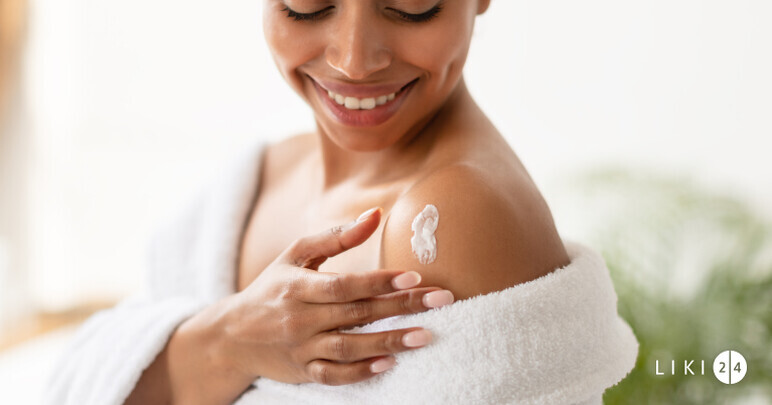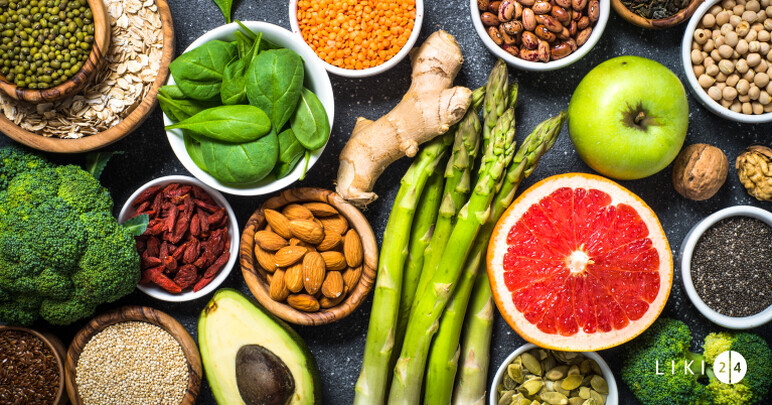Sweet Wood Root Tea, R47, 50 g, Fares
Liquorice
Description Liquorice
The information in the FAQ section was created by the Liki24.co.uk team and is based on the official manufacturer's manual
Licorice, scientifically known as Glycyrrhiza glabra, is a perennial plant valued for both its medicinal properties and its sweet flavour. It is an essential ingredient in traditional Chinese medicine and numerous folk remedies in Europe. Thanks to its active compound glycyrrhizin, liquorice offers a range of therapeutic benefits, including anti-inflammatory effects and relief from digestive symptoms.
Forms of release
Licorice is available in various forms, including teas, tinctures and capsules. Licorice tea is made from dried licorice root and is commonly used to relieve digestive and respiratory symptoms, while licorice tincture and licorice capsules offer a convenient dosage for internal benefits.
Manufacturers - Fares, Dacia Plant, Favisan, Hofigal, Alevia, etc.
Indications for use
Licorice is mainly used for:
- Relief of digestive symptoms - Glycyrrhizin in licorice helps reduce inflammation of the gastric mucosa, making it effective in treating gastritis and peptic ulcers.
- Reducing cough and soothing sore throats - The active compounds contained in liquorice help to thin mucus and reduce throat irritation.
- Benefits for cardiovascular health - The antioxidant properties of liquorice can help protect the cardiovascular system.
- Treatment of skin conditions - Liquorice extract can be used in natural products for the treatment of dermatological conditions, including acne and eczema.
Dosage
The dosage of liquorice depends on the form chosen and the intended use. In general, the following is recommended:
- Liquorice tea: 1/2 teaspoon of dried root in 250 ml of water, taken 1-3 times a day
- Licorice extract: 1-2 teaspoons of extract added to 100 ml of water, 4 times a day or as directed by the manufacturer
- Licorice capsules: 2 capsules of 450 mg 1-3 times a day or as directed by your doctor or manufacturer.
Contraindications
People with kidney disease should avoid using sweet wood, as excessive consumption may affect kidney function.
Sweet wood may contribute to water retention and increased blood pressure, so people with high blood pressure should consult a doctor before use.
People with conditions such as breast cancer, uterine cancer, ovarian cancer or uterine fibroids should avoid sweet wood, as it can act like estrogen and may worsen these conditions.
Licorice consumption is also contraindicated in cases of heart disease, muscle disorders caused by nerve problems, sexual disorders, or hypokalemia.
Special considerations
Important! Licorice contains glycyrrhizin and may affect health when consumed in large amounts or over long periods of time.
People suffering from cardiovascular disease, kidney disease or high blood pressure are more sensitive to its effects.
Side effects
Excessive consumption of liquorice can lead to bloating, diarrhoea or abdominal pain.
Some people may develop allergic reactions, such as skin rashes, itching or swelling.
Licorice may also cause an increase in blood pressure, so people who are prone to hypertension should exercise caution.
Interactions with other medicines and foods
Licorice may interact with certain medicines for cardiovascular disease, including medicines for high blood pressure or anticoagulants.
Licorice may also interact with digoxin, diuretics, or oestrogens.
Overdose
Overdose of licorice can lead to severe adverse effects, such as severe hypertension or metabolic disorders.
If overdose is suspected, it is essential to consult a doctor to prevent serious complications.
Storage conditions
Licorice should be stored in a cool, dry place, away from moisture and direct light. Products containing licorice should also be kept in tightly sealed containers to prevent contamination or deterioration.
Keep out of reach of children.
Specialised literature used
- PubMed, Glycyrrhiza glabra (Licorice): A comprehensive review of phytochemistry, biological activities, clinical evidence, and toxicology
- WebMD, Licorice
- Healthline, Licorice root
- Mount Sinai, Licorice
FREQUENTLY ASKED QUESTIONS
Is liquorice suitable for use in children?
Can I take liquorice during pregnancy or breastfeeding?
Can I drink alcohol during sweet wood treatment?
Features
| Brand | Alevia, Dacia Plant, Fares, Favisan, Hofigal, Secom, Stef Mar Valcea |
| Product type | Capsules, Solution |

Liquorice tea, 40 g, Alevia
It's good for stomach aches and digestion.

Sweet Wood Root Tea, R47, 50 g, Fares
Very good to use in combination with other teas, no other sweetener needed.........





